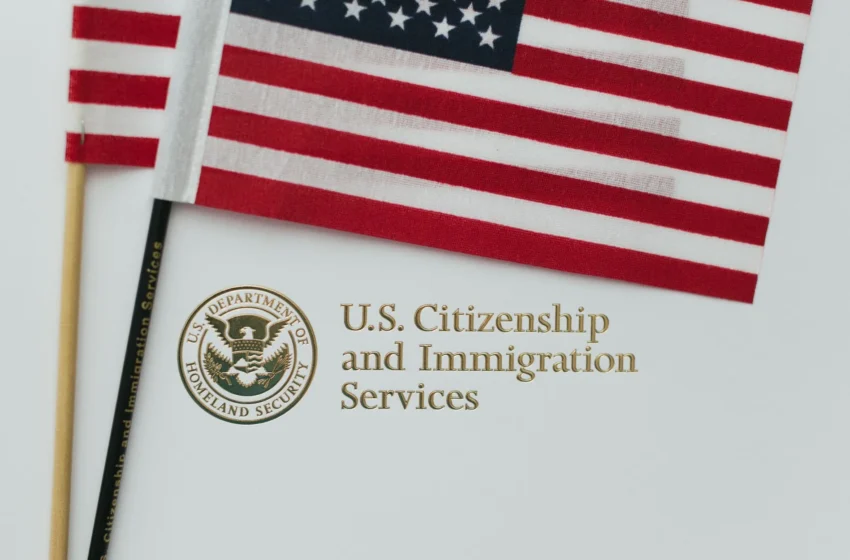Good moral character for U.S. citizenship: What you need to know

USCIS redefines ‘good moral character’ for U.S. citizenship applicants
The U.S. Citizenship and Immigration Services (USCIS) has issued a sweeping policy memo reshaping the good moral character (GMC) requirement for naturalization. Under the revised guidelines, applicants must now demonstrate positive attributes, not just the absence of wrongdoing. Evaluation factors include community service, educational attainment, stable employment, caregiving roles, tax compliance, and long-term lawful residence.
Historically, applicants were denied only for serious offenses like aggravated felonies, fraud, or moral turpitude crimes. But the new directive mandates a “holistic, totality-of-circumstances” assessment, balancing both adverse behavior and affirmative evidence of rehabilitation or societal contribution.
Why USCIS Changed the Evaluation Framework
While the GMC requirement has existed since the Naturalization Act of 1790, the updated policy emphasizes more subjective factors beyond legal compliance. Proponents argue this approach ensures that citizenship reflects commitment, responsibility, and civic engagement, not simply a clean record.
However, critics, including immigration law experts, warn the memo’s vague language gives USCIS officers discretionary power that may yield inconsistent and arbitrary outcomes, potentially disadvantaging immigrants who may not easily demonstrate such attributes.
READ ALSO
What the new U.S. student visa rules mean for International students
H-1B visas: What proposed weighted system could mean for US workers and employers
What This Means for Citizenship Applicants
Applicants preparing for naturalization now face a more complex landscape:
- Prepare evidence of meaningful community involvement, such as volunteer work or civic engagement.
- Show stability through long-term lawful residence, consistent employment, and on-time tax payments.
- If you have past offenses, like minor convictions, provide documentation that demonstrates rehabilitation, including probation completion or letters of support.
- Be aware that some lawful but questionable conduct, such as repeated traffic infractions, aggressive solicitation, or social behavior inconsistent with civic norms, could now factor into denials.
This shift may particularly impact H-1B holders, students, and professionals who previously focused on clean criminal records but now must proactively document positive contributions.
USCIS’s new holistic evaluation of good moral character marks a significant departure from past practice. Applicants must now demonstrate both compliance and civic virtue to meet naturalization standards. While this change aims to elevate the values of U.S. citizenship, it also raises concerns over subjectivity and inconsistency in assessing immigrants’ fitness for naturalization.

